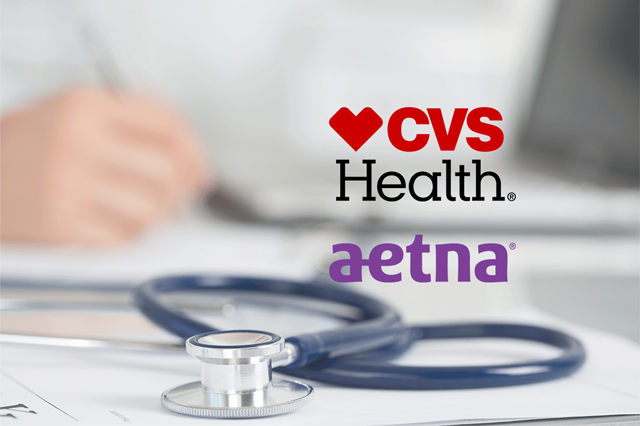Our Take
The merger of CVS and Aetna is likely anticipatory positioning in the face of a looming competitive threat from Amazon, which is expected to enter the prescription drug market after reportedly acquiring pharmacy licenses in at least 12 states. In our view, this merger announcement is likely the first of many to come between pharmacy companies and insurance companies.
Details of the Announcement
On Monday, December 3, CVS and Aetna announced a proposed transaction under which CVS would acquire Aetna for a total of $207 per share in cash and stock, for a total deal value of $69 billion. Including the assumption of Aetna’s debt, the total value of the transaction would be $77 billion.
After the close of the transaction, CVS shareholders will own approximately 78% of the combined company and Aetna shareholders will own the remaining 22%.
The transaction is expected to close in the second half of 2018.It requires approval by both CVS and Aetna shareholders and regulatory agencies and will have to meet customary closing conditions.
Rationale for the Transaction
CVS stated that the transaction fills an unmet need in the current healthcare system and presents a unique opportunity to redefine access to high-quality care in lower-cost, local settings—whether in the community, at home or through digital tools.
Management commented that the merger would offer the following benefits for consumers:
- A uniquely integrated, community-based healthcare experience. The combined company should also be able to better understand patients’ health goals, guide patients through the healthcare system and help them achieve their best health. Management expects to deliver this personalized healthcare experience by providing consumers with greater access to Aetna’s extensive network of providers through CVS.
- Broader use of data and analytics, leading to improved patient health at substantially lower cost. For example, improved use of data and analytics could help patients avoid unnecessary hospital readmissions.
- A way to address the growing cost of treating chronic diseases. For example, patients with diabetes could receive care in between doctor visits through face-to-face counseling at a health hub located in a store and they could have key indicators such as blood glucose levels monitored remotely.
Management further commented that the merger would offer the following benefits for shareholders:
- Enhanced competitive positioning of the business and low- to mid-single-digit accretion in the second full year after the close of the transaction.
- The ability for the combined entity to deliver $750 million in near-term synergies.
- A platform from which the combined entity can accelerate growth.
- The potential to deliver significant incremental value over the longer term. The merged entity will spur the development of new products and generate significant new growth opportunities as a uniquely integrated retailer, pharmacy benefits manager and health plan.
About CVS
CVS positions itself as a pharmacy innovation company. It has 9,700 retail locations and more than 1,100 walk-in medical clinics and is a leading pharmacy benefits manager with nearly 90 million plan members. The company also has a dedicated senior pharmacy care business serving more than 1 million patients per year and an expanding specialty pharmacy services business, in addition to offering a leading stand-alone Medicare Part D prescription drug plan.
About Aetna
Aetna is one of the nation’s leading diversified healthcare benefits companies, serving an estimated 44.6 million people (as of September 30, 2017) with information and resources. Aetna offers a broad range of traditional, voluntary and consumer-directed health insurance products and related services, including medical, pharmacy, dental, behavioral health, group life and disability plans, medical management capabilities, Medicaid healthcare management services, workers’ compensation administrative services, and health information technology products and services.
